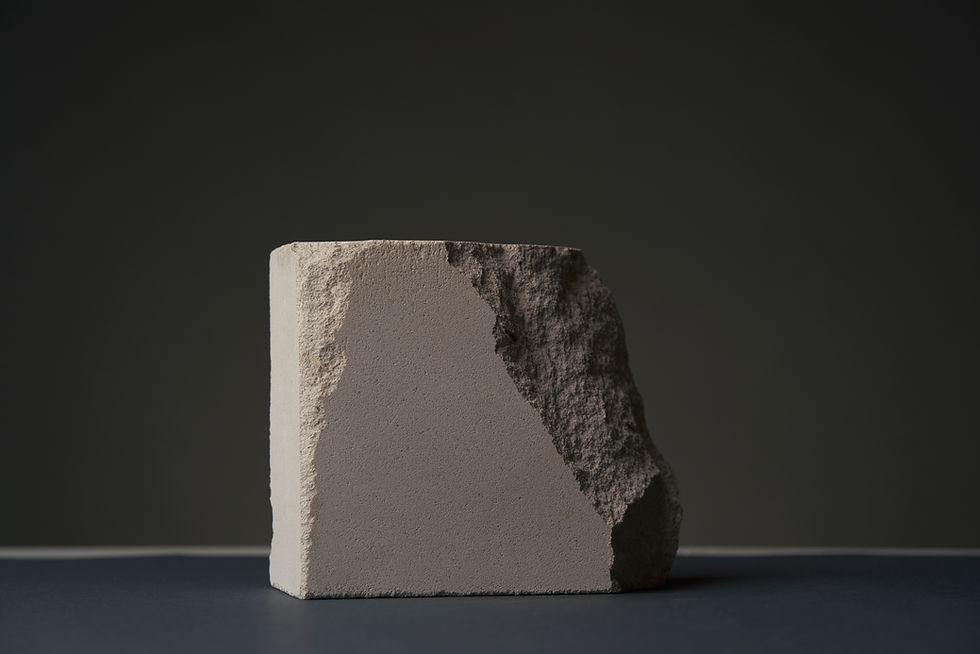Concrete is Hard on the Environment!
- Mandy Sykes
- May 27, 2023
- 2 min read
Updated: Jul 11, 2023
Concrete, while widely used and durable, has significant negative impacts on the environment! Here are some reasons why concrete is considered hard on the environment:

Greenhouse gas emissions: The production of cement, a key component of concrete, releases a substantial amount of carbon dioxide (CO2) into the atmosphere. Cement production is responsible for approximately 8% of global carbon emissions making it one of the largest industrial sources of CO2.
Energy consumption: Concrete production demands large amounts of energy. The extraction and processing of raw materials, such as limestone and clay, along with the manufacturing process of cement, requires significant energy inputs. This energy typically comes from fossil fuels, which further contributes to greenhouse gas emissions and exacerbates climate change.
Resource extraction: The production of concrete relies heavily on the extraction of raw materials from the Earth's crust. This extraction process often involves open-pit mining which can cause habitat destruction, soil erosion, and the loss of biodiversity. Additionally, the depletion of these finite resources poses long-term sustainability challenges.
Water consumption: Concrete production requires substantial amounts of water, both for mixing the materials and for curing the concrete. The extraction of water from natural sources can lead to water scarcity, especially in areas where water resources are already strained. Moreover, the discharge of wastewater from concrete production can negatively impact local ecosystems if not properly treated.
Waste generation: During construction and demolition, significant amounts of concrete waste are generated. Disposing of or recycling concrete waste can be challenging and costly. Improper disposal of concrete waste in landfills can take up valuable space and lead to pollution of groundwater and soil.
Urban heat island effect: Concrete has high thermal mass meaning it absorbs and retains heat. In urban areas with extensive concrete infrastructure, this can contribute to the urban heat island effect where temperatures are significantly higher compared to surrounding rural areas. The increased energy demand for cooling buildings in urban areas further exacerbates energy consumption and greenhouse gas emissions.
So, what should we do about it?
At Agriboard Green Building Systems™, the answer is pretty simple. Stop using so much concrete for construction when we can offer a strong, durable, and eco-friendly alternative. We invite you to learn more about why our product is better in every way! Take a look at the information on our website www. agriboard.com or contact us with any questions.
Comments